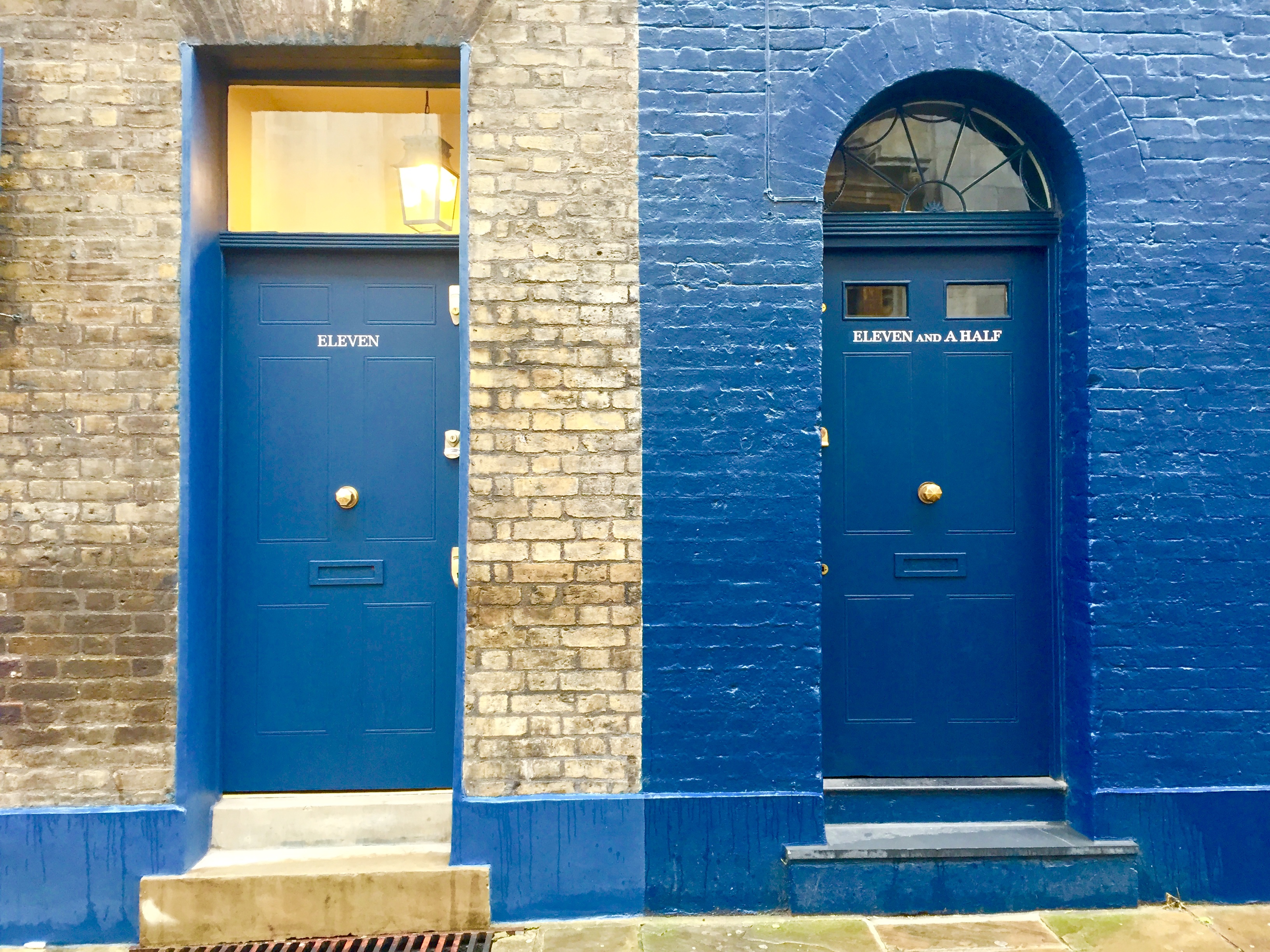By Olivia Franklin.
A little while ago now, I, along with ten other volunteers, took part in a one-day workshop – the very beginning of Encompass’ new project, ‘Belonging in Britain’.
As you might have already read, this project took shape in the wake of Brexit, Islamic extremism, and reflexive Islamaphobia in British society. The concept of the societal ‘other’ is all of a sudden very prevalent, in politics, the media, and in everyday conversation.
Though this is not an entirely new concept, it is undeniable that the negative sentiments that stem from it suddenly a whole lot more visible. It’s concerning, and to be honest, more than a little frightening.
So Encompass’ new project aims to bring together people from all walks of British life to discuss the idea of Britishness, and the cultural values and ideals it holds dear. And among these people we have me, a white, (very) middle class Australian, throwing my opinions into the mix.
But it wasn’t until the end of the day that I realised something: though I am a British resident and participated in the workshop as such, I saw myself as something of an observer to the discussion.
This is of course because I don’t identify as British – after barely a year in the UK I think we can agree that would be a little strange. And we Aussies can be patriotic, in our own weird and somewhat delusional way.
But I also didn’t see myself as being on the other side of the discussion; as one of that mysterious ‘other’ that’s always lurking in the collective consciousness.
It doesn’t take a genius to figure out why – I’m white, speak English as my mother tongue and have only 200 years of history (and perhaps a murderous ancestor or two), separating me from all other ethnic Britons. As an Aussie in London, racial discrimination is one thing I never have to worry about.
So even though I’ve come halfway across the bloody planet to live in the UK for barely twelve months, I am still automatically more British than someone from an Asian or African background, who has lived here their whole life, whose parents may have lived here their whole lives. But saying this is platitudinous at best – we have a word for this and you’ve probably heard it once or twice before.

As a white Australian I found it difficult to comment on the experience of foreigners in Britain, when most people have to talk to me for more than a few minutes before they realise I’m not even English.
Yet as a foreigner, I certainly can’t comment on the experience of those who truly identify as British.
So where did that leave me, as a participant in Encompass’ Belonging in Britain workshop?
Well, I viewed the discussion and the ideas discussed in the only way I could – in comparison with the way I felt about belonging in my own country.
As I said earlier, Australians and Brits are similar in many obvious ways. We look the same, speak the same language, and laugh at the same stupid jokes. We too have a problem with vilifying people who come to our country from abroad. We can be racist and we buy into all the xenophobic crap that is fed to us.
But we are different as well, and it is in these differences that the concept of ‘Britishness’ came to crystallise in my mind.
The British have history that Australians do not have. This long history gives them a connection to the land, which their ancestors might have worked hundreds of years ago, or longer. It has led to the formation of weird and wonderful traditions (Guy Fawkes day, for example – so bizarre), which are unique to the UK and its residents.

Britain’s high population density has led to subtle but amazing diversity from North to South, East to West and across Wales, Scotland and Ireland. You have these striking regional accents that create camaraderie among strangers, and make each city like it’s own little island. While I would (strongly) argue that my Melbourne accent is not the same as someone from Cairns, this kind of diversity is something we cannot boast.
And then there’s London, a bubbling cultural melting pot if ever there was one, where Brits constantly filter in, and people from all over the world are drawn by the hundreds. Having a city like this at your heart makes Britain special, in and of itself.
Your proximity to Europe and the rest of the world is another thing we cannot claim, though of course that relationship also has its ups and downs. But I still believe it informs the British identity in a way that perhaps might not be properly known, until it is no longer.
These are just a few of the wonderful ways in which I most strongly recognise Britishness, as someone who has basically been living on the cusp of it for the past year. You’ll notice that none of these are racially specific – I personally still believe that multiculturalism is at the heart of British identity, despite recent evidence to the contrary. I would also say the same for my own country, though sometimes it’s hard to believe it.
So you there have my two cents on Belonging in Britain – from someone who kind of belongs, but doesn’t really belong, but sort of wants to belong but also relishes in their differences.
And although I may never love cheesy potatoes, or eggy potatoes. or baked beans and potatoes or any of the other beige potato hybrid meals you like to call “food”, the British and their grey country will always have a special place in my heart.

Comments are closed